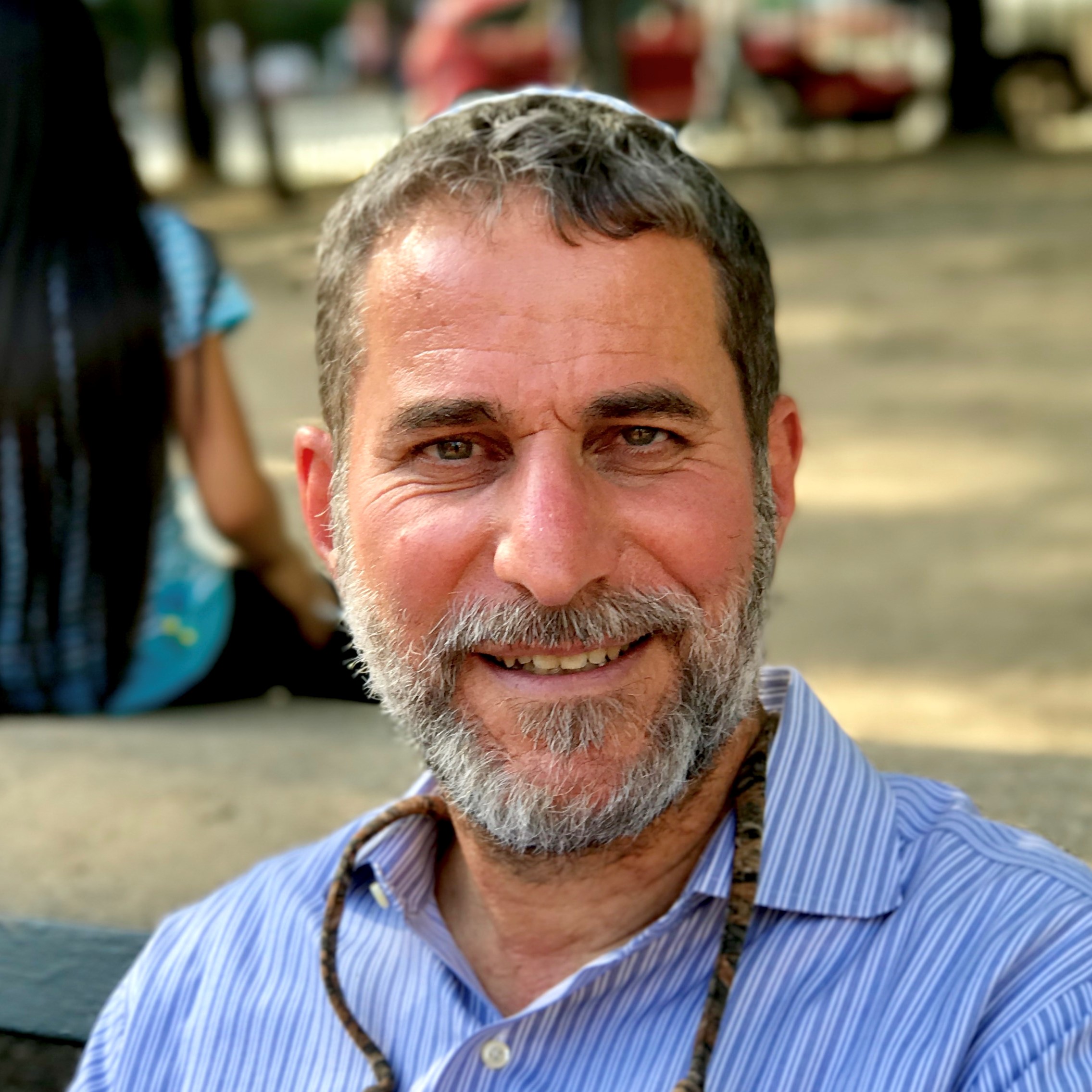Beit Midrash
- Torah Portion and Tanach
- Shmot
- Ki Tisa
- Family and Society
- A Nation and its Halachot
- Leadership
Aharon dealt with people and was always sympathetic to their wants, needs and moods. This led him into an unintentional role as a facilitator in creating the Golden Calf, a role for which he paid dearly in family tragedy. He was unable to firmly stand against the apparent wishes of the people, believing somehow that by cooperating with the people he could eventually save the situation. Yet it was this exact personality trait of limitless empathy with the people that allowed him on Yom Kippur to be the instrument for bringing forgiveness and heavenly compassion down on the Jewish people. He could not see wrong or baseness in the Jewish people for his love for them was unbounded and sincere. The Lord Himself, so to speak, also will eventually no longer see evil in Jacob or sins amongst Israel. The power of love overcomes rational analysis and reasonable assessments of seeming facts. We often pay a steep price for too much love but that is a personality trait that is very hard to overcome if one possesses that trait within one’s personal makeup. It was this weakness of personality that also eventually led to King Saul’s forfeiture of his right to be the king of Israel. He listened to the people too diligently, he feared for the loss of his own popularity with them and he therefore made a fatal national and personal error. Yet a High Priest who does not have unconditional and overflowing love for his people cannot really be the right man for the job.
Moshe also loved the Jewish people. He is willing to sacrifice his name and his eternity even for the sake of Israel’s survival and welfare. Yet Moshe’s trait is tough love. He is the leader not the High Priest. His task is not to always acquiesce to the demands and whims of the people. He is their teacher, their guide, the cold realist whose nature does not allow him to gloss over error and sin. He is not reticent to use any means to stamp out idolatry and treason from within Israel. He constantly reminds the people of the goal of being a holy nation and a kingdom of priests and he is always dissatisfied with their backsliding excuses. He is not interested in winning a popularity contest. Rather his task is to instill Torah into the minds and hearts of Israel in a fashion that will make Torah knowledge and its values eternal within that people. Thus he destroys the Golden Calf that Aharon helped make and punishes those who worshipped it. He chastises Aharon for his role in the debacle and accepts no excuses. This type of tough love is necessary for any leader. It is especially necessary for those who wish to lead such a strong minded fiercely independent and opinionated people such as the people of Israel. Moshe and Aharon together, each in one’s own proper role and attitude is the perfect template for Jewish leadership throughout the ages.





















